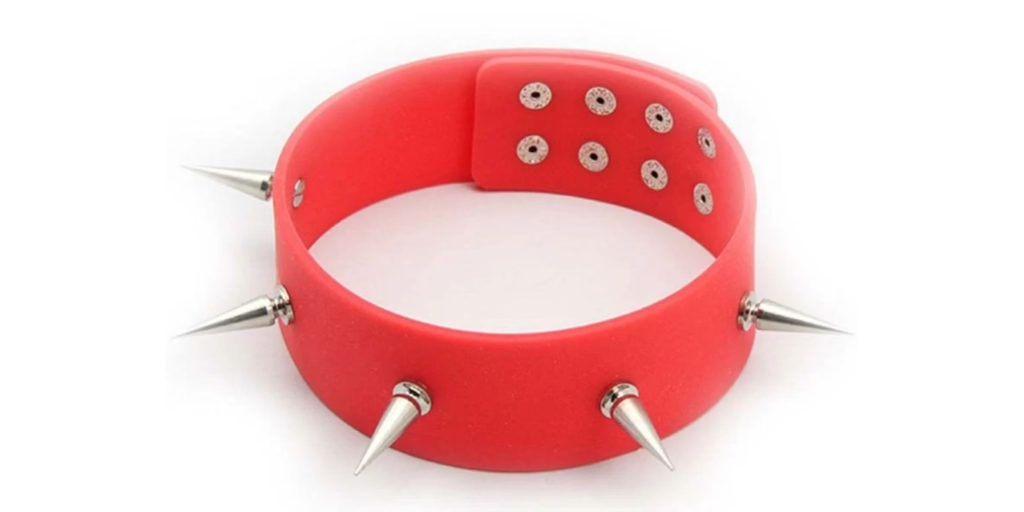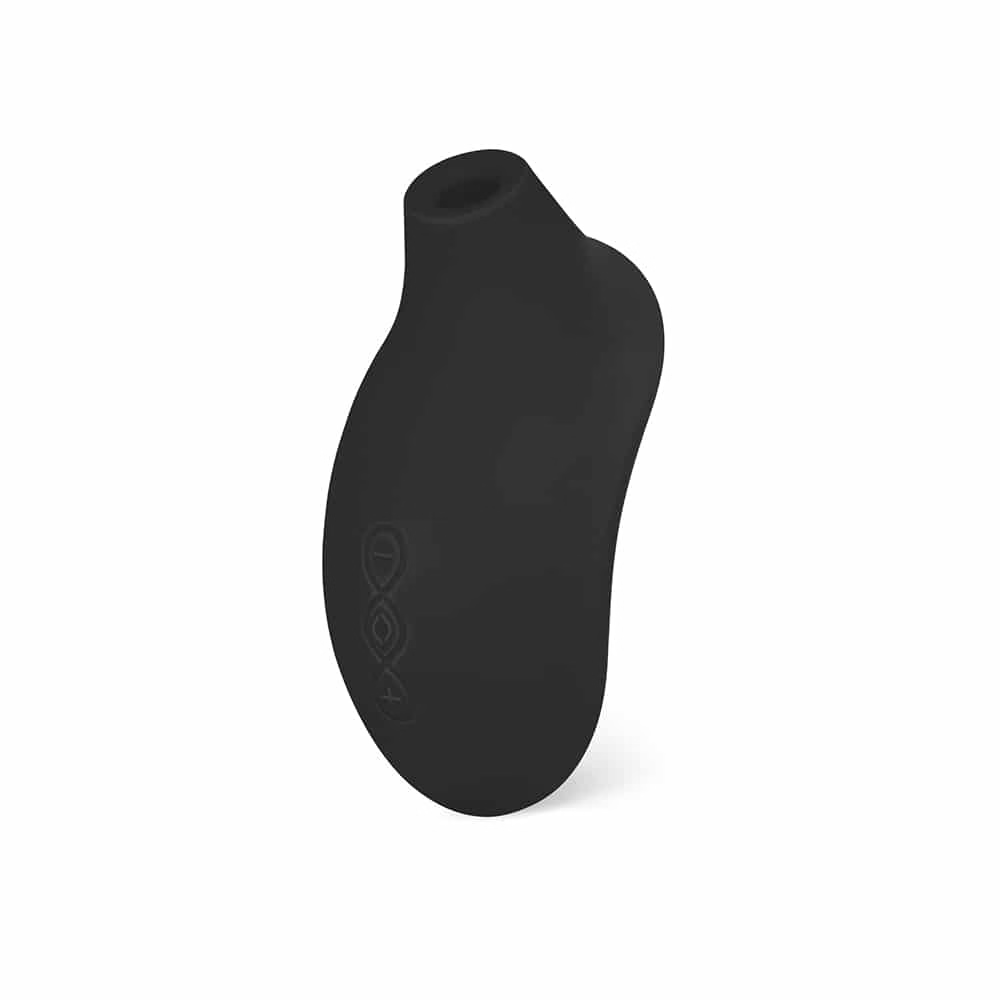Urinary Tract Infections 101: A Guide to Urinary Tract Infections | Sex Toys

If you’ve never had a UTI, consider yourself extremely lucky. Personally, my twenties were marred by the burning pain of UTIs until I learned how to successfully avoid them. While these horribly annoying infections can affect any body, women are more prone to them (because we’re just unlucky). Just kidding. Self-awareness is power, guys.
What exactly is a UTI and how do you get one?
The female urethra (the tube that carries urine out of the bladder) is shorter than a man’s, making it easier for bacteria to enter and multiply. Women are 10 times more likely than men to get a UTI, and one in five women will have a UTI at some point. UTIs can spread to other parts of your urinary tract, including your bladder, ureters, and kidneys.
Signs and symptoms
Classic symptoms of a UTI include a frequent and urgent need to urinate without much (if any) urine coming out, a burning (hell-fire) feeling when you urinate, and no change in your discharge. Some people will experience pain in the form of lower abdominal cramps, lower back pain, and pelvic pain. A UTI can also make your urine cloudy, strong, or even a different color (such as red, pink, or brownish from blood).
Some people may not have any symptoms at all and in other cases, these symptoms may mean something completely different, most commonly painful bladder syndrome, also called interstitial cystitis. This diversity of symptom expression can make diagnosis difficult. The only way to be sure is to do a proper urine test. If you suspect a urinary tract infection, see your doctor.
Treatment
Although it may be tempting to want to treat things naturally, UTIs require medical intervention with antibiotics to be treated.This old legend about cranberry juice has since been disproven several times.)
If your symptoms respond to home remedies, the good news is you probably haven’t been infected. It can get really serious, you could end up with a kidney infection, which is potentially dangerous.
So while antibiotics may cause a yeast infection instead of your UTI, it’s the lesser of two evils – and SO you can focus on stellar prevention in the future.
Ok, now that we’re all clear on what to avoid, here are 7 recommendations to avoid getting a UTI in the first place.
1. Peeing after sex
Penetrative sex can bring up bacteria around your urethra, so it’s long been believed that peeing afterwards could help flush them out and prevent potentially harmful bacteria from sticking to the walls of your urinary tract, reducing the risk of UTIs. However, this has been refuted by more than one study..
If you feel better after rinsing, go for it! But there’s no need to rush to get away from your partner and help them stop the action. Enjoy that post-cum glow before you rush to the bathroom.
2. Drink plenty of water
It is advisable to stay well hydrated at all times. When you fill your bladder, you urinate more forcefully and more frequently. One study found that low urine flow was associated with an increased risk of UTIs. Another study found that increasing fluid intake can lead to a decrease in the frequency of UTIs.
On average, a woman’s body needs 11.5 cups of fluids per day to be healthy. The most important thing here is to listen to your body’s signals. The color of your urine gives you valuable information about your health, for example: if you notice that your urine is amber, brown or orange, you are probably dehydrated!
3. Don’t hold your pee
It’s a busy life, I get that. But when nature calls, listen to it, dammit. When urine sits in your bladder for too long, it gives bacteria a golden opportunity to grow and potentially cause an infection. While most people can hold their urine for three to six hours (depending on how much water they drink), the reality is that holding your urine puts you at a higher risk of developing a UTI.
4. Wipe from front to back
The opening of your urethra is fairly close to your anus, and the gastrointestinal bacteria there can migrate from one place to another quite easily. In other words, if you wipe from back to front (even if you avoid your butt completely), those bacteria can be carried to your urethra, where they can cause an infection.
Same logic when it comes to anal play, or anal sex: don’t let your partner put into your vagina everything that was just in your ass without washing you first. Respect the poetry of it all.
5. Probioticm
Probiotics are beneficial microorganisms available as dietary supplements or found in fermented foods like kefir, kimchi, kombucha, sauerkraut, and probiotic yogurt. Probiotic use has been linked to a range of benefits, from improving digestion to boosting your immune system and reducing your risk of UTIs. And if you do need to take antibiotics to treat a UTI, taking probiotics can help restore gut bacteria afterward, which are essential to your overall health and well-being.
6. Natural hygiene
Scented powders, douches, and some sanitary pads can irritate your urethra, increasing your susceptibility to UTIs. Avoid douching altogether, as it can disrupt your vagina’s pH, making you more susceptible to infections in general. Your vagina cleans itself by regularly expelling discharge, so contrary to what some people say, it really doesn’t need any flower-scented help to do that. And your vulva should be fine with plain water or a gentle, unscented cleanser.
7. Your strategy for safe sex
Condoms that are impregnated with spermicide can irritate your vagina and increase the likelihood of large bacteria settling in your urethra. Diaphragms can also increase your risk of UTIs. While they’re no longer popular, a new version made a lot of noise in 2015, so it might be worth keeping that in mind! Specifically, the ring of a diaphragm can put internal pressure on your urethra and even partially block it, making it harder for you to completely empty your bladder, which, as we’ve learned, allows bacteria to set up shop and eventually turn into an infection.
In conclusion
If you are prone to UTIs, your first line of defense is to stay well hydrated and healthy. Staying healthy by listening to your body and practicing hygiene that respects the reality of your anatomy should do the rest!
/Shutterstock


 Anal Beads
Anal Beads Anal Vibrators
Anal Vibrators Butt Plugs
Butt Plugs Prostate Massagers
Prostate Massagers
 Alien Dildos
Alien Dildos Realistic Dildos
Realistic Dildos
 Kegel Exercisers & Balls
Kegel Exercisers & Balls Classic Vibrating Eggs
Classic Vibrating Eggs Remote Vibrating Eggs
Remote Vibrating Eggs Vibrating Bullets
Vibrating Bullets
 Bullet Vibrators
Bullet Vibrators Classic Vibrators
Classic Vibrators Clitoral Vibrators
Clitoral Vibrators G-Spot Vibrators
G-Spot Vibrators Massage Wand Vibrators
Massage Wand Vibrators Rabbit Vibrators
Rabbit Vibrators Remote Vibrators
Remote Vibrators
 Pocket Stroker & Pussy Masturbators
Pocket Stroker & Pussy Masturbators Vibrating Masturbators
Vibrating Masturbators
 Cock Rings
Cock Rings Penis Pumps
Penis Pumps
 Wearable Vibrators
Wearable Vibrators Blindfolds, Masks & Gags
Blindfolds, Masks & Gags Bondage Kits
Bondage Kits Bondage Wear & Fetish Clothing
Bondage Wear & Fetish Clothing Restraints & Handcuffs
Restraints & Handcuffs Sex Swings
Sex Swings Ticklers, Paddles & Whips
Ticklers, Paddles & Whips





















